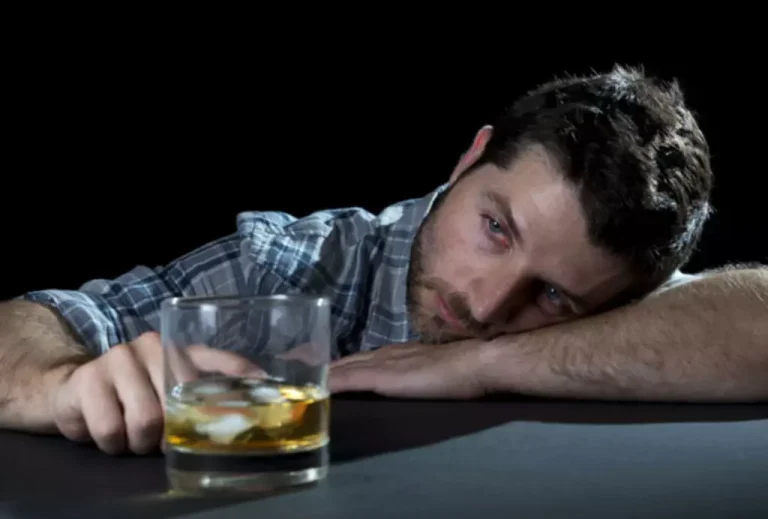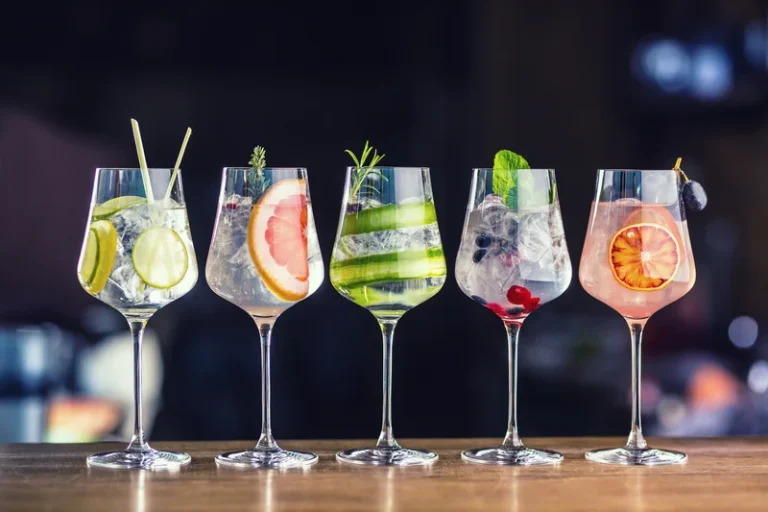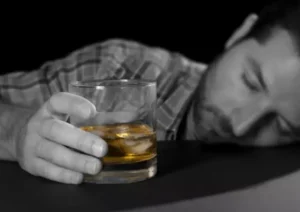- (512) 252 - 7075
- mvc1010@yahoo.com
- Mon - Thurs: 8:00 AM - 5:30 PM
13 Jul, 2023 | vwssupport | No Comments
5 Ways to Combat Loneliness in Your Addiction Recovery FHR

We also thank Parvin Merchant the Director of Support Services Department at Houselink and Mainstay Community Housing for her input and support of this project. Lastly, we are grateful for the review by Jesse I.R. Jenkinson at MAP Centre for Urban Health Solutions. Only 18 of the 52 studies focused on SIL as their primary objective or included SIL in the main research questions.
The Relationship Between Loneliness and Addiction
Change the perspective that solitude and being lonely are the same thing. Loneliness is a detachment, whether it’s from yourself or from other people. Loneliness is contributing factor to AUD/SUD, and loneliness is often an outcome of initiating treatment and recovery from AUD/SUD. We are dedicated to providing you with the support and healing you deserve. First, it’s important to accept the things you’ve done rather than hide from them.
Obstacles in Personal Development and Growth
While substances are frequently used to combat difficult situations or feelings, they may also be used to cope with feelings of loneliness as an avoidance tactic. So, rather than facing feelings of loneliness and reaching out for help, a person may turn to the comfort of drugs or alcohol to combat these issues. In the same way that people suffering from anxiety or depression may use substances to numb or avoid these feelings rather than heal them, substances are often used to prevent feelings of isolation and loneliness. This May, Cigna released findings from their national survey that was meant to help us better understand loneliness in the United States. Loneliness impacts how we work, make friends, talk, eat, use technology, and even how we experience addiction.
Repair and foster connections with non-addicted friends and family
- As discussed earlier, an increase in isolation and dependence on parasocial relationships can increase loneliness.
- We also thank Parvin Merchant the Director of Support Services Department at Houselink and Mainstay Community Housing for her input and support of this project.
- In fact, loneliness is so dangerous to sobriety that it is included in the acronym HALT (Hungry, Angry, Lonely, Tired); when a person allows themselves to become lonely, they put their recovery at risk.
- So how do we disrupt this growing sense of loneliness, especially for those on the path to recovery from addiction?
These settings not only offer a platform for sharing experiences and receiving support but also facilitate the formation of meaningful connections with individuals who understand the challenges of recovery. Engaging in activities such as meditation, journaling, and spending time alone can significantly enhance your understanding and appreciation of your own company. This foundational step is crucial in combating feelings of loneliness, as it shifts the perspective from solitude being a negative state to a more positive and self-reflective one. Loneliness can be a silent trigger, pushing individuals towards substance abuse as a way to cope with their feelings of isolation and emptiness. When human connections are lacking, substances can offer a temporary escape, a fleeting feeling of euphoria, or a momentary sense of belonging. In their study, Drum and Medvene [66] used the Lubben Social Network Scale (LSNS) to measure social isolation in addition to the UCLA-R Loneliness Scale mentioned above.
Overview of included studies
If there is nothing new, we can easily revert back to old habits and patterns. For many clients in addiction recovery, the experience of boredom will surface. A human connection can help people get through the toughest situations, and this holds true for addiction recovery. Social support gives you a sense of belonging instead of isolation.

Creating meaningful connections can counteract isolation in our modern society.
This is similar to connecting with yourself and is something you likely learned in cognitive behavioral therapy sessions. In order to deal with your feelings of loneliness and depression, you have to confront them and recognize them. The inability to do this is often why people begin using drugs or alcohol in the first place. To deal with these emotions in a healthy way, you have to confront them and then accept them. Loneliness is a subjective feeling that coincides with other strong feelings like depression, anxiety, or even panic.

Healing Relationships
Talk to someone you trust; tell them what’s going on and ask them to help you find the support you need. Yes, it’s normal to feel lost in early sobriety, especially when dealing with mental illness alongside addiction. This feeling comes up as you adjust to not drinking or using drugs and explore life without them. loneliness in recovery You can also ask your friends and family to check in on you regularly for emotional support and comfort. Doing so can build up your motivation to stay consistent with your recovery. The most crucial aspect of your recovery journey is maintaining healthy relationships with your sponsor, support group, or counselor.
Learning to deal with the inherent https://ecosoberhouse.com/ helps you avoid the risks above and prevent relapsing. Social isolation is a stressor you may not know how to tackle healthily. Loneliness might push you to return to substance use as a coping mechanism or to fill the emotional void.
How Loneliness Endangers Sobriety
- Drum and Medvene [66] used the UCLA-R Loneliness Scale, which has been adapted for an older adult population to measure loneliness among older adults living in affordable seniors housing in Wichita, Kansas.
- The fear of getting criticized or ridiculed by family and friends can also cause isolation.
- However, it is a difficult journey back from the social isolation that is a standard element of substance use disorders.
- In order to deal with your feelings of loneliness and depression, you have to confront them and recognize them.
Advice from people who have never gone through addiction recovery can sometimes be confusing and unhelpful. If you are feeling lonely and are struggling with a substance use disorder, you are not alone. At Twin Lakes Recovery Center in Monroe, Georgia, we can help put you on the path to a lasting recovery. To learn more about our programs and services, please get in touch with us today. The impact of loneliness extends beyond mental and emotional well-being to affect physical health.

